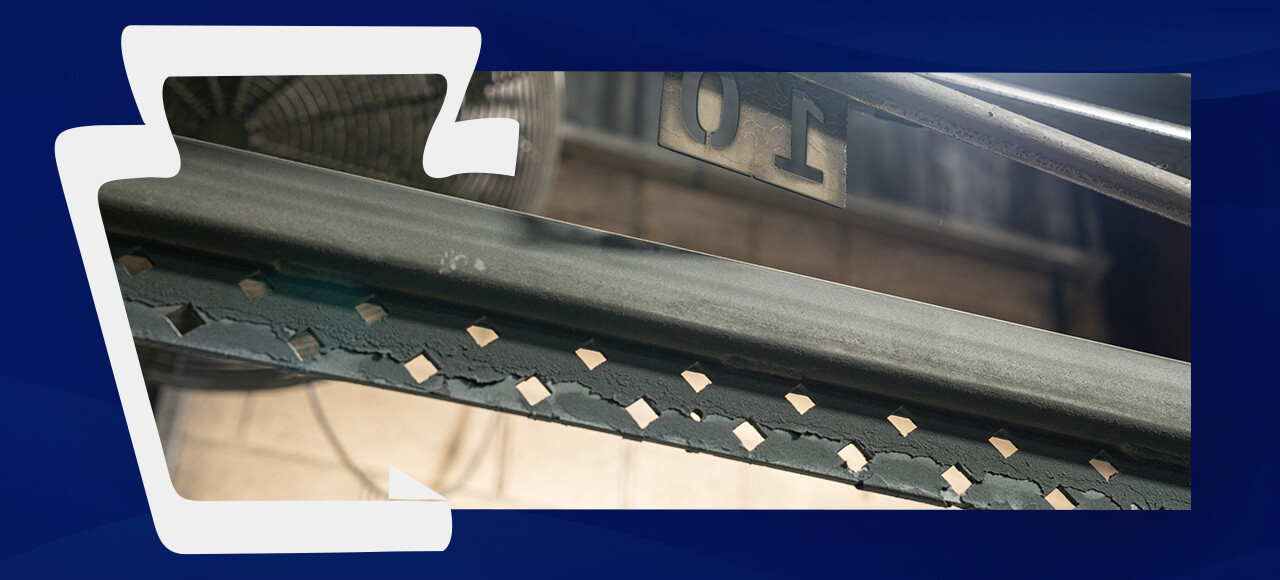
Aluminum is often incorporated into consumer products, architectural projects and aircraft parts. Manufacturers and assemblers rely on this lightweight material due to its malleability, as aluminum can take on virtually any shape. But does aluminum rust? The short answer is no, but aluminum will corrode over time. Companies planning to use aluminum for original products can protect surfaces with an appropriate powder coating.
The Difference Between Rust and Corrosion
The terms “rust” and “corrosion” are often used interchangeably. However, the two words describe processes applicable to certain metals. Aluminum cannot rust because most sheets used for production contain zero traces of iron. Here is a closer look at the difference between rust and corrosion:
- Rust: A form of corrosion applicable to only iron and steel. Rust takes time to develop, but the process is brought on by the presence of moisture in the air. As outer surfaces flake away, new metal layers are exposed.
- Corrosion: A result of prolonged oxygen exposure. Select metals such as aluminum, copper and brass will not flake, but their outer appearance changes in color due to environmental conditions. The onset of corrosion typically stops when aluminum atoms bond completely with oxygen atoms.
What Does Aluminum Corrosion Look Like?
Aluminum is popular in manufacturing because of its thermal conductivity, reflective properties and strength-to-weight ratio. It makes sense for companies to use the metal because it can be manipulated to fit almost any design. Even so, it’s crucial to apply protective treatments for aluminum surfaces so that original products maintain their appearance, texture and shape.
Aluminum corrosion is subtle compared to rust on iron and steel, but problem spots are noticeable. Here are some common indicators that aluminum is starting to corrode:
- Reflective surfaces lose their shine.
- Dust and contaminants stick to the aluminum.
- A thin white layer of aluminum oxide forms on top of surfaces.
- The surface texture changes from smooth to slightly rough.
Should Aluminum Be Powder Coated?
Yes. Consider that powder coating aluminum is a cost-effective way to ensure indoor and outdoor products remain durable. Consumers and professionals have specific expectations for automotive vehicles, industrial equipment and machines. Powder coating surfaces allows products to stand the test of time with accurate finishes that provide cleaner results than traditional paint.
Business owners and decision-makers can select the exact color, thickness and texture of powder coating. Powder coatings are environmentally friendly, and at Keystone Koating, we can complete your order within a short time frame to expedite production.
Contact Keystone Koating for a Quote Today
Partner with a team that specializes in powder coating services to ensure desirable results. The experienced team at Keystone Koating in central Pennsylvania offers drip-free solutions for jobs large and small. With over 30 years in the powder coating industry, we have the knowledge and expertise to work with cast and forged aluminum materials for long-term protection.
To learn more about our aluminum powder coating services, reach out to us to request a quote today!

